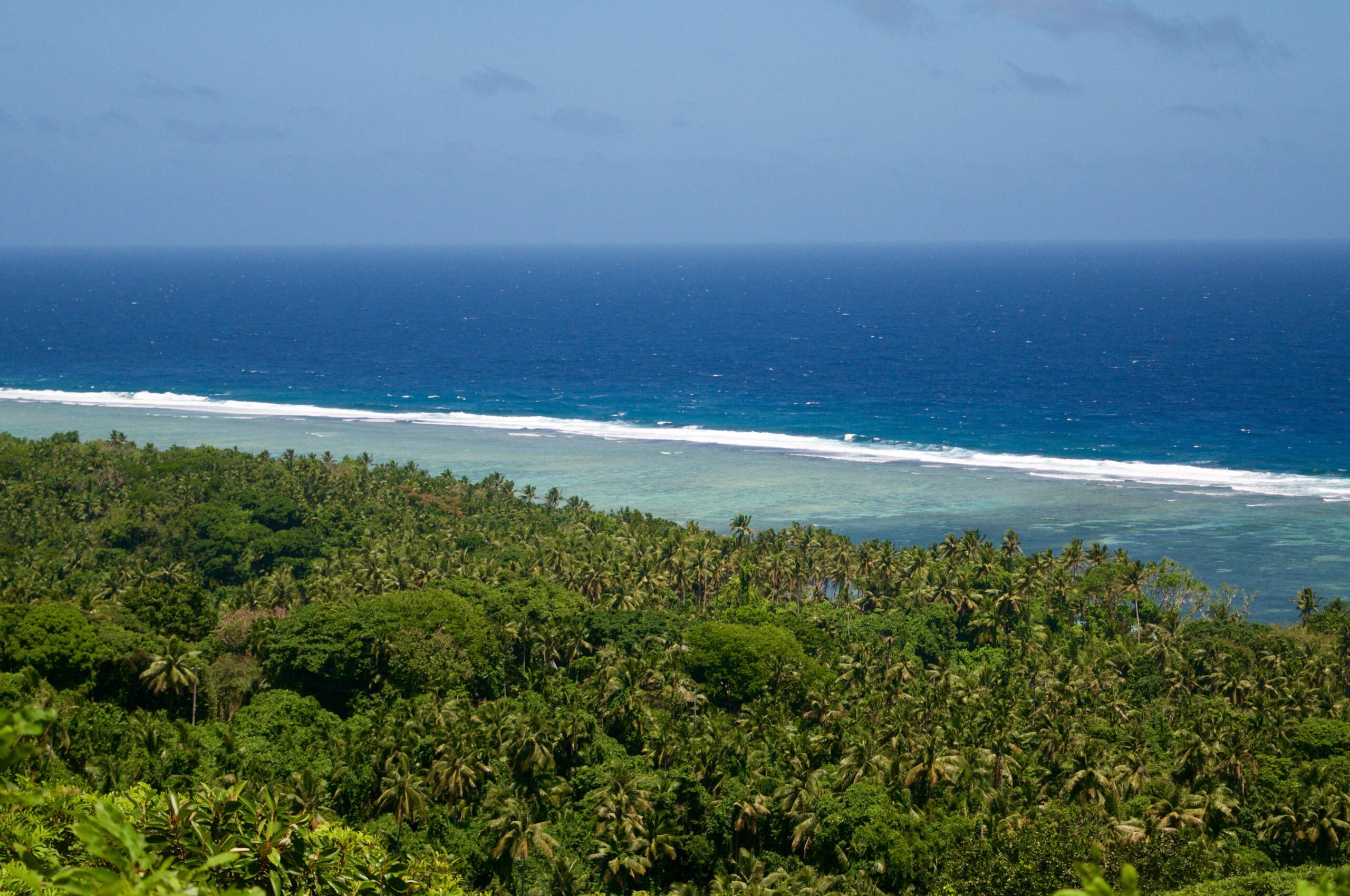In small islands, natural ecosystems provide, through their goods and services, livelihoods for local communities and are a great tourist attraction, with positive consequences in terms of prosperity, growth, socio-economic development and financing of public institutions. Marine and coastal ecosystems and biodiversity still remain essential for many islanders, particularly those living in traditional societies.
On the other side, human activities can be detrimental to natural ecosystems and their services, due to the limited resilience of small islands and significant changes in natural resources management.
Conservation of ecosystems and their services is a fundamental objective under the general scope of sustainable development in small islands and the Republic of Palau represents a concrete case study where the government and the society show awareness and commitment to this theme.
As a signatory of the Micronesia Challenges, Palau is committed to effectively conserve at least 30% of the near-shore marine resources and 20% of the terrestrial resources by 2020. The achievement of these objectives can significantly contribute to the conservation of ecosystem services and their valorization.
The Republic of Palau, where Giacomo is working on a GEF6 Project Proposal, recognizes the Ecosystem Services’ conservation as a pillar of this challenge and this Ecolinfa News special issue reports some of the initiatives implemented and the results achieved at the Country level.
“A dead shark is worth several hundred dollars, but a live shark is worth $1.9 million in tourism during its life span.”
Thomas Remengesau Jr, President of the Republic of Palau


